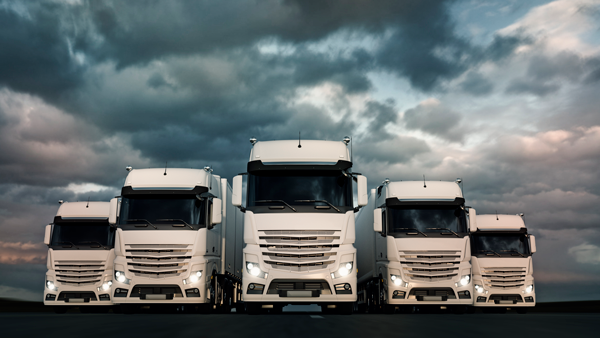At the beginning of the decade the global fleet management market was valued at US$19.4 billion and is forecast to more than double to U$52.5 billion by 2030, according to forecasts from US company Allied Market Research.
The momentum for the compound growth of around 10% is due to a convergence of factors, according to a recent Allied report, which cites tracking, cost and compliance as key areas where fleet management is making a difference.
In addition, safety is one of the top work challenges. The harnessing of telematics data to combat poor driving and monitor vehicle condition has prompted a wave of innovation by providers with new products such as alarm systems, real-time notification devices, driver behaviour monitoring systems and other-AI based software.
There are collision avoidance systems to improve safety, remote diagnostics to access real time vehicle services, in-cab video cameras to protect against false claims, and sensor-based applications which connect and integrate with fleet management platforms accessible on a variety of devices.
Some of these are after market products specifically designed for corporate fleets, but auto makers are also integrating Internet of Things (IoT) sensors and telematics into next generation vehicles, many of them with electric drive chains.
There is a developing model of “EVs as a service” which not only comprises an outsourcing or leasing finance solution, but data collaboration between providers and clients.
In Australia, Macquarie Bank spinoff Fleete and software company Evenergi are partnering up and are offering initial feasibility studies for clients in packages combining financing and operating turn-key EV fleets.
5G connectivity is also playing a role, as is the data that it is able to collect and share. Fleet solution services increasingly deliver analytical data which offers managers a much more complete view of the activities of their vehicles in the field.
5G is delivering more accurate tracking routing and vehicle diagnostics and is taking advantage of 5G smart city applications in traffic management to deliver shorter route times, lower fuel consumption and less wear and tear on vehicles.
Some of the initiatives see collaborations between well established manufacturing companies from the industrial economy, and new AI startups.
Truck maker Scania, for example, is teaming up with pan-Nordic innovation initiative the Combient Foundry to tap into what it says is the “huge potential” of automation and AI.
Scania is seeking paths for change, both in its own production and logistics operations but also in relation to the solutions that if offering, beyond its traditional business of manufacturing trucks. The company acknowledges that some of these will require joining forces with hi-tech startups to co-develop new solutions.
Scania’s Karin Gustafsson, a strategic project manager with the company, said that “efficiency gains in creating, visualising and using industrial data and data from vehicles in use are largely still untapped.”
“The potential of the digital revolution, in combination with electrification and automation is huge in the ecosystem of transport and logistics, and it does not only make business sense but it also supports the transformation to sustainable transport,” Gustafsson said.














